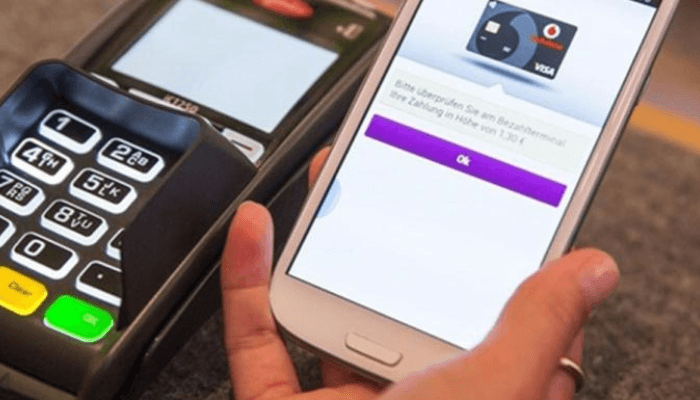The volume of real-time payment transactions will hit 19.7 billion by 2028 from the 7.9 billion recorded in 2023, according to a report by ACI Worldwide.
The report published by ACI Worldwide titled ‘Prime Time for Real-Time Global Payments’ tracked real-time payment volumes and growth across 51 countries with a deep dive into India, Brazil, Indonesia, Malaysia, and the Netherlands.
“In Nigeria, real-time payments are quickly becoming a viable alternative to cash, historically the dominant choice for payments in the country,” ACI said.
In March 2021, the Nigeria Interbank Settlement System launched NQR, an interoperable national QR code standard to facilitate instant P2B and P2P payments by scanning QR codes. The payment solution company noted that this will enable instant payment to use in Nigeria.
“This will further catapult instant payments use, helping it to record a 20 percent CAGR from 2023 to 2028 in terms of volume,” it stated.
A real-time payment is any payment processing network used to send money electronically. It offers consumers and businesses cheaper, faster, and more efficient ways to pay.
The company highlighted that NIBSS Instant Payments (NIP) is the country’s real-time payment system, launched and developed by NIBSS in 2011.
“The system is supported by all commercial banks, micro-finance banks, and mobile money operators, and can be used via different modalities including internet and mobile banking, bank branches, kiosks, mobile USSD, POS terminals, and ATMs, which helped NIP to achieve high adoption and usage rates,” it explained.
According to the NIBSS, COVID-19 changed the e-payments landscape and hastened the adoption of instant payments as people switched to electronic channels for funds exchange.
This has now been fueled by recent moves by the Central Bank of Nigeria to promote cashless transactions, which have boosted the volume and value of real-time payment transactions in the country to date.
Data from NIBSS revealed that the volume of cashless transactions rose 6.2 percent to 3.09 billion in the first three months of 2024 from 2.91 billion in the corresponding period of 2023.
These transactions were worth N237 trillion, an 88 percent increase from the N126 trillion recorded in Q1, 2023.
Analysts at ACI noted that Nigeria’s real-time payment boom provides an economic growth opportunity.
“Cash remains king, but this shift is a testament to the success of government regulators in fostering rapid growth in digital openness, particularly payments. There is now an ongoing drive within the country to extend this momentum to cross-border use cases,” they said.
According to a 2023 report by Duplo, a business payment platform for African businesses, 48.5 percent of Nigerians use electronic bank transfers as their preferred way to pay vendors.
The report titled ‘Exploring the State of B2B Payments in Africa’ surveyed more than 1,200 professionals from Kenya, Nigeria, South Africa, and Ghana.
“The surveyed companies across all the four countries are increasingly using digital payments as seen from electronic bank transfers emerging as the top choice for paying vendors,” it said.
